The European Commission has unveiled 13 new strategic raw material projects outside the EU to boost supplies of critical metals and minerals vital for energy, defense, and aerospace sectors amid growing global supply tensions.
In response to China’s recent export restrictions on rare earth magnets, the European Commission announced 13 new projects outside the bloc aimed at securing essential raw materials like lithium, cobalt, manganese, and graphite. These materials are crucial for electric vehicle batteries, renewable energy, and defense industries.
This move supports the EU’s Critical Raw Material Act, which targets mining 10%, processing 40%, and recycling 25% of its material needs by 2030. The projects, located in countries including the UK, Canada, Greenland, and Ukraine, will receive financial backing totaling approximately €5.5 billion. This expansion raises the total number of strategic raw material projects to 60, strengthening the EU’s resilience amid global supply challenges.
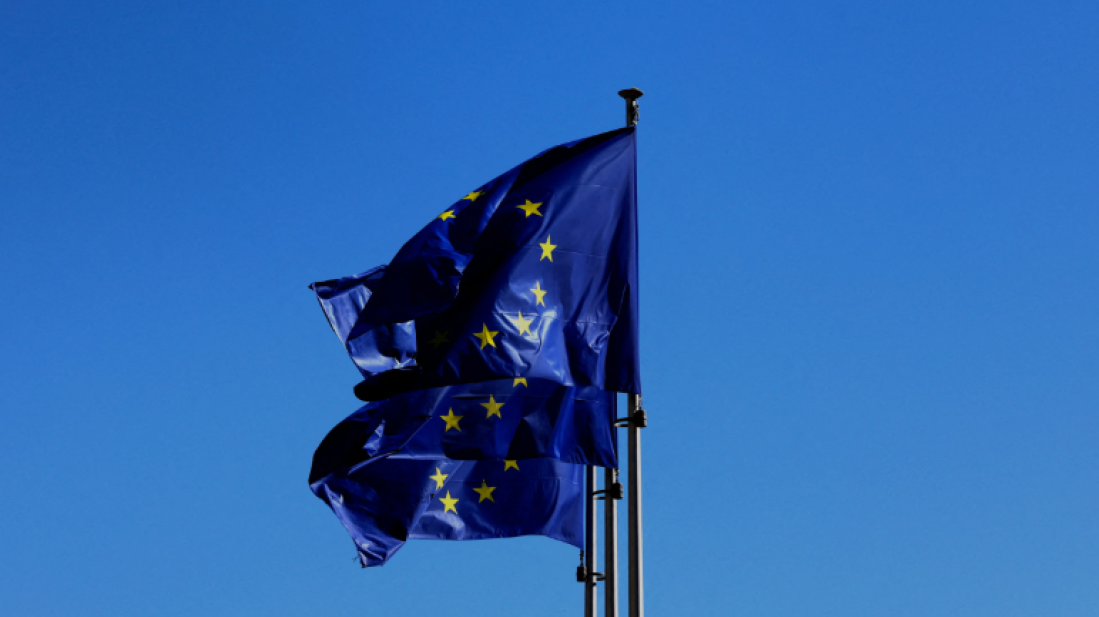




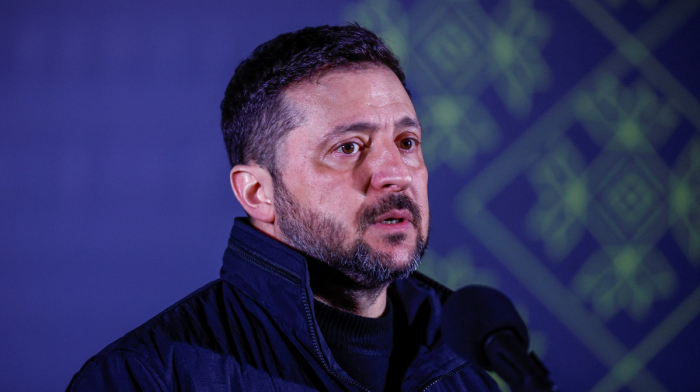


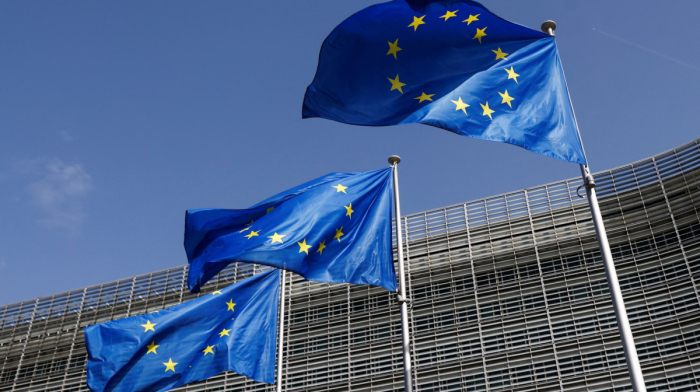

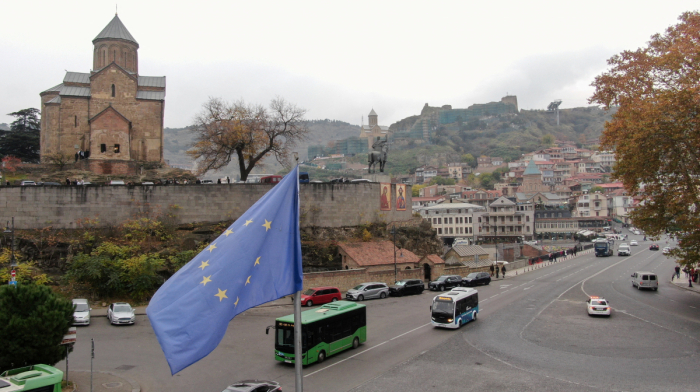

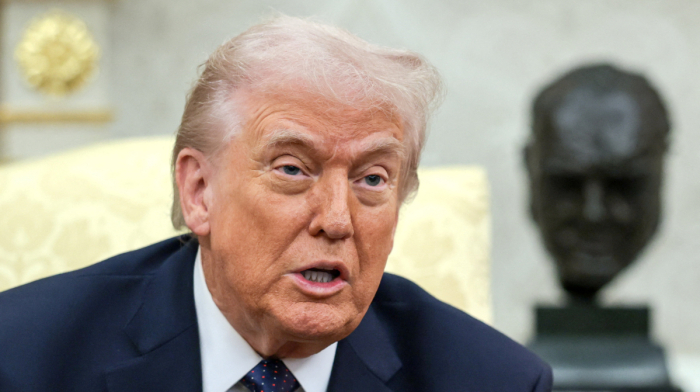
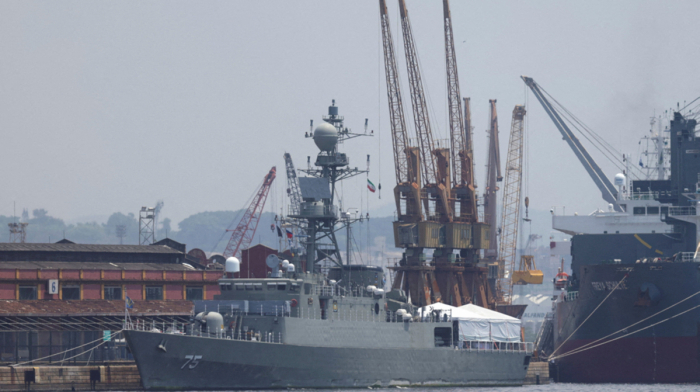
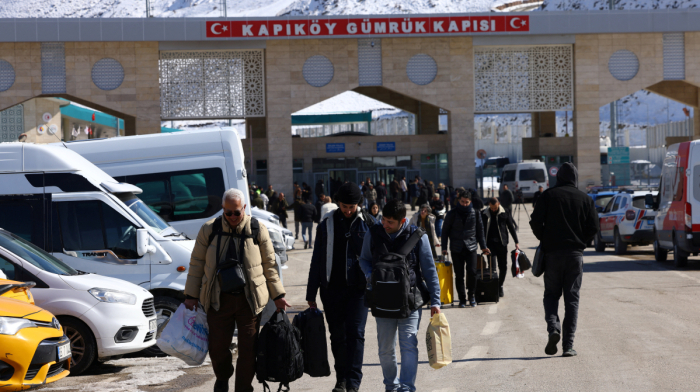

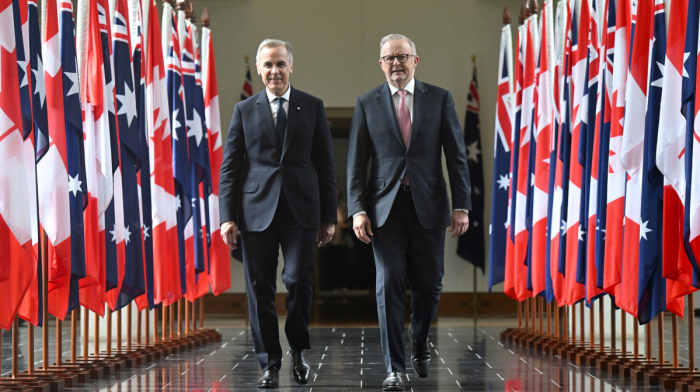





What is your opinion on this topic?
Leave the first comment